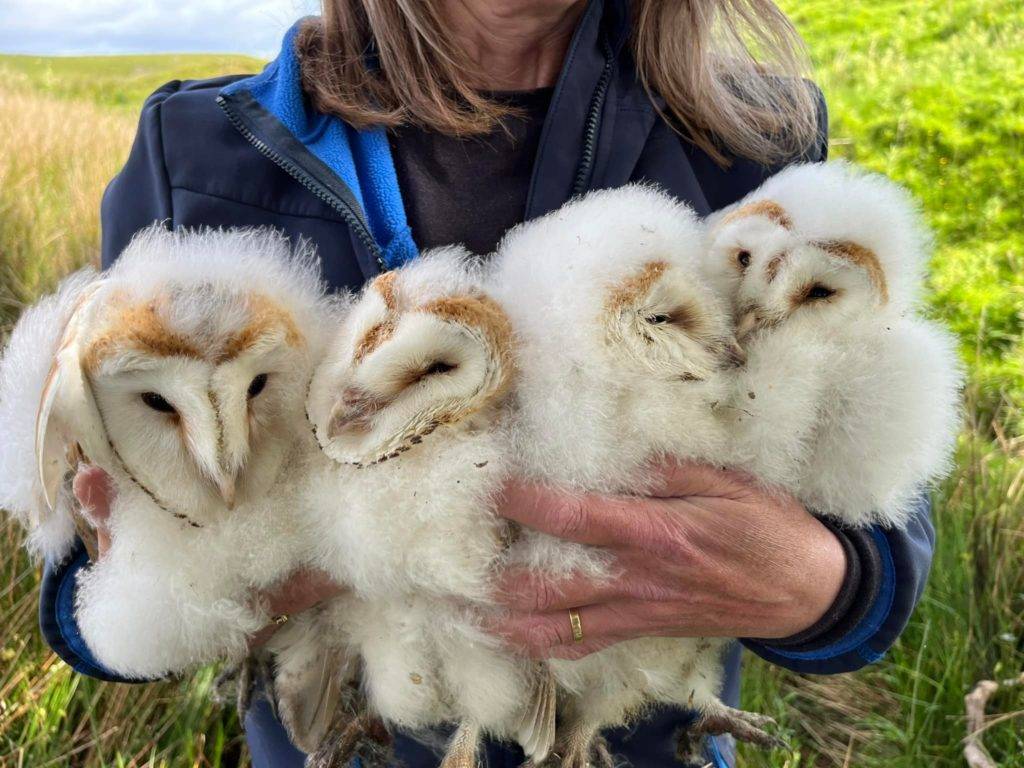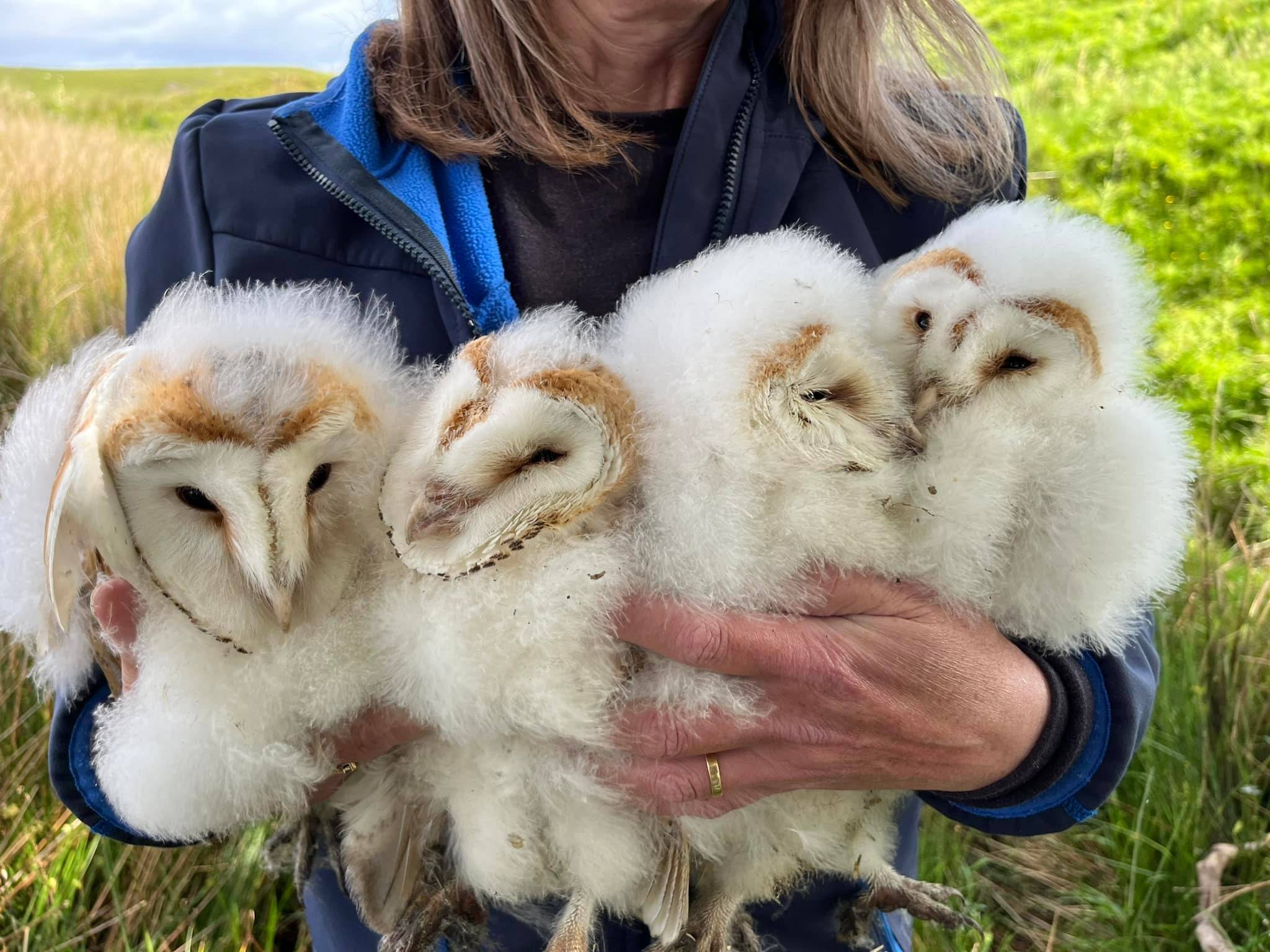Understanding the regulations and considerations associated with owning pets can be a complex and crucial aspect of responsible animal care. In the following two questions, we will explore different aspects of pet ownership. The first question delves into the legal requirements and ethical considerations when it comes to owning a pet owl in Australia. The second question examines the types of pets that are permitted in Australia, shedding light on the diverse range of animals that can be kept as companions within the country. Let’s begin by exploring the intricacies of owning a pet owl in Australia


How to Get a Pet Owl in Australia
Owning a pet owl in Australia is subject to strict regulations and is generally not recommended for the average person. Owls are considered native wildlife in Australia, and they are protected under various state and territory wildlife protection laws. These laws are in place to ensure the conservation and welfare of native wildlife, including owls.
Here are some important points to consider:
- Legal Requirements: You will need permits and licenses to keep a pet owl legally. The specific requirements can vary by state or territory, so it’s crucial to contact your local wildlife authority or Department of Environment to understand the legal obligations in your area.
- Conservation Status: Many owl species in Australia are threatened or endangered, and it is illegal to possess them without the proper permits. Keeping a native owl as a pet can have significant conservation implications.
- Expertise and Facilities: Owls require specialized care, housing, and diet. You will need to demonstrate that you have the necessary knowledge and facilities to provide for the owl’s welfare.
- Source: Owls cannot be taken from the wild in Australia. You must obtain one from a licensed breeder or rehabilitator with the appropriate permits. Be cautious of anyone offering owls for sale without the proper documentation.
- Species and Size: Different species of owls have varying requirements and sizes. Make sure you choose a species that is suitable for your level of experience and the space you have available.
- Commitment: Owls can live for many years, and they require a long-term commitment in terms of care and attention. Be prepared for this responsibility.
- Education: It’s essential to educate yourself thoroughly about owl care and behavior. Seek guidance from experts, veterinarians, and reputable sources.
- Vet Care: Finding a veterinarian experienced in treating owls is crucial. Owls can have unique health needs.
- Ethical Considerations: Owls are wild animals, and keeping them as pets may not be in their best interests. Consider whether there are other ways you can contribute to owl conservation, such as supporting local wildlife rescue and rehabilitation centers.
In summary, owning a pet owl in Australia is a complex and highly regulated endeavor. Before considering it, research the laws and requirements in your specific location and think carefully about the ethical and practical aspects of keeping an owl as a pet. It’s often more responsible and humane to appreciate owls in their natural habitat or support conservation efforts to protect them.
Pets You Can Have in Australia
Australia has strict regulations regarding the importation and ownership of exotic and native animals as pets. The country’s primary concern is to protect its unique native wildlife and ecosystems from potential threats posed by introduced species. As a result, the types of pets you can have in Australia are generally limited to the following categories:
- Common Domestic Pets:
- Dogs: You can keep various breeds of dogs as pets, but there are regulations regarding breeding and ownership.
- Cats: Domestic cats are allowed as pets, but responsible ownership is encouraged to protect native wildlife.
- Fish: Fish are commonly kept as pets in aquariums or ponds.
- Small rodents: Animals like guinea pigs, hamsters, and rabbits are generally allowed as pets.
- Birds:
- Some species of birds are allowed as pets, but you may need permits depending on the species and location. Common pet bird species include budgerigars, cockatiels, and various parrot species.
- Reptiles and Amphibians:
- Australia has a thriving reptile-keeping community, and many species of reptiles, such as snakes, lizards, and turtles, can be kept as pets. However, you will need a reptile-keeping license, and specific regulations vary by state or territory.
- Invertebrates:
- Invertebrates like insects, spiders, and scorpions can be kept as pets without strict regulations, but it’s essential to research their care requirements.
- Native Wildlife:
- Keeping native wildlife as pets is generally not allowed without specific permits. Native animals are protected by various wildlife conservation laws.
- Exotic Pets:
- Exotic pets like ferrets, certain turtle species, and non-native reptiles may be permitted in some states but are often subject to strict regulations.
- Fish and Aquatic Life:
- Various species of fish, crustaceans, and aquatic invertebrates can be kept in aquariums and ponds.
It’s important to note that the specific regulations regarding pet ownership can vary by state or territory within Australia. Always check with your local wildlife authorities or the Department of Environment in your area to understand the rules and requirements for keeping pets. Additionally, responsible pet ownership, including microchipping, vaccination, and containment, is encouraged to protect native wildlife and the environment.
Five Reasons Why Owls Make Bad Pets
Owls may seem fascinating and majestic, but they generally make poor pets for several important reasons:
- Legal Restrictions: In many countries, including the United States, owning an owl as a pet is subject to strict regulations and often requires special permits. In some places, it may be entirely illegal due to concerns about wildlife conservation and animal welfare.
- Specialized Care: Owls have specific dietary and environmental needs that are challenging to meet in a domestic setting. They require a diet of whole prey, such as mice and other small mammals, and maintaining the proper diet can be both costly and logistically complex.
- Nocturnal Behavior: Owls are nocturnal birds, which means they are active at night. Owning an owl can disrupt your daily routine as they will be active and noisy when you’re trying to sleep. This can lead to frustration and sleep disturbances for the owner.
- Aggressive Behavior: Owls have sharp talons and beaks, which they use for hunting and self-defense. They can be aggressive and unpredictable, posing a risk of injury to their owners, especially if not properly trained or handled.
- Long Lifespan: Owls can live for many years, often decades, in captivity. Owning an owl is a long-term commitment that requires consistent care and attention, which many people may not be prepared for. This can lead to the abandonment or neglect of the owl when owners realize the extent of the responsibility.
In summary, while owls are magnificent creatures and play vital roles in ecosystems as apex predators, they are not suitable as pets for the average person. The legal, logistical, and ethical challenges associated with owning an owl make them a poor choice for domestic companionship. Instead, if you’re interested in owls, consider supporting owl conservation efforts or observing these birds in their natural habitats or in sanctuaries where they are cared for by experts.
Are Cow Feet High In Cholesterol?
What to do When Your Zojirushi Rice Cooker Gets an H01 or H02 Error Code
What does it mean when a lizard poops on you?
What is the meaning of 18 bills in a debut?
What is the most expensive item on TF2?
Are lubber grasshoppers poisonous to dogs?
Ice JJ Fish Net Worth
This story originally appeared on Mostexpensivething

